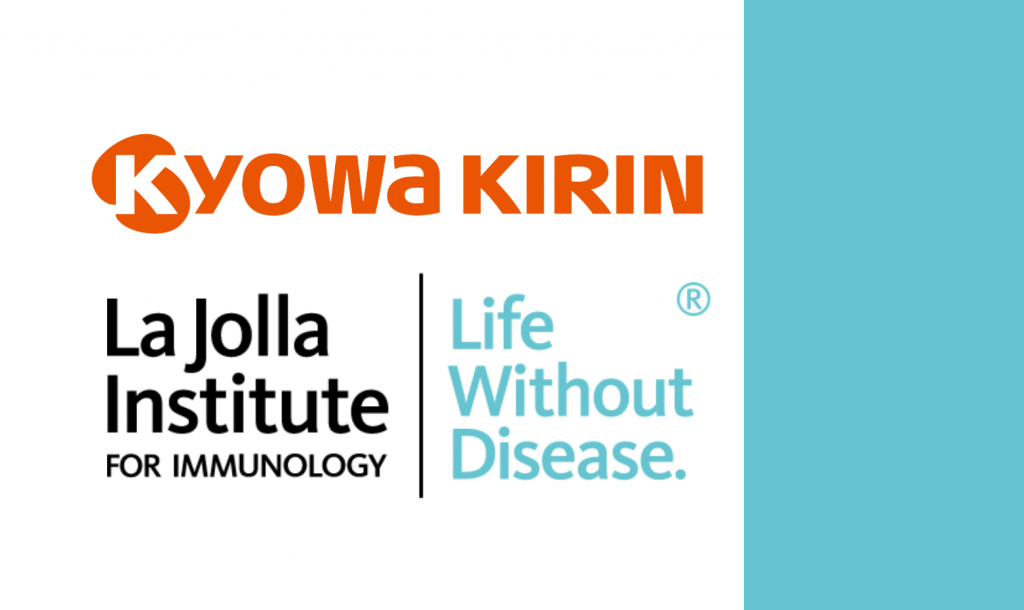Team: Christine Bender
A better understanding of type 1 diabetes (T1D) is the first step to potentially developing new therapies capable of preventing or permanently reversing the disease. Due to the inaccessibility of human pancreatic tissue, our knowledge of the disease in humans is limited. Although mouse models have been a very useful tool for the past 30 years, humans show different islet architecture and islet cell distribution compared to rodent islets. These differences might have impacted therapeutic outcomes, which work well in mouse models but frequently do not translate to humans and might explain why developing efficient new therapies has been challenging.
The Network for Pancreatic Organ donors with Diabetes (nPOD) was established with the idea of providing valuable tissues from healthy individuals and donors with T1D to answer basic questions about the pathogenesis of T1D. Thanks to the nPOD program, we can study the pancreas from donors with T1D to determine if the T cells identified in mouse models are the same cells that destroy β cells in human T1D and if their distribution and activation status is in the pancreas.
Human T1D is characterized by the immune-mediated destruction of insulin-producing pancreatic β cells. There is growing evidence suggesting that cytotoxic CD8 T cells are a critical player in β cell destruction. Before the clinical diagnosis of T1D, the presence of autoantibodies against β cell autoantigens such as (prepro)insulin (PPI), tyrosine phosphatase-like insulinoma antigen (IA-2) islet-specific glucose-6-phosphate catalytic subunit-related protein (IGRP), and glutamic acid decarboxylase-65 (GAD65) can predict future disease development. Autoreactive CD8 T cells recognizing these islet autoantigens are present in the blood of individuals with T1D.
The objective of this project is, therefore, to study the specificity, phenotype, and function of CD8 T cells, and to assess whether their presence correlates with the numbers found in the peripheral blood. I will study tissue samples from donors with autoantibodies and donors with recent-onset and longstanding T1D to build a road map of specificities and to further understand how the relationship between the CD8 T cell infiltrate and the disease course might evolve. Altogether, our findings should give us a better understanding of how and why T1D develops and thus, ultimately help with the development of new therapeutic options.




